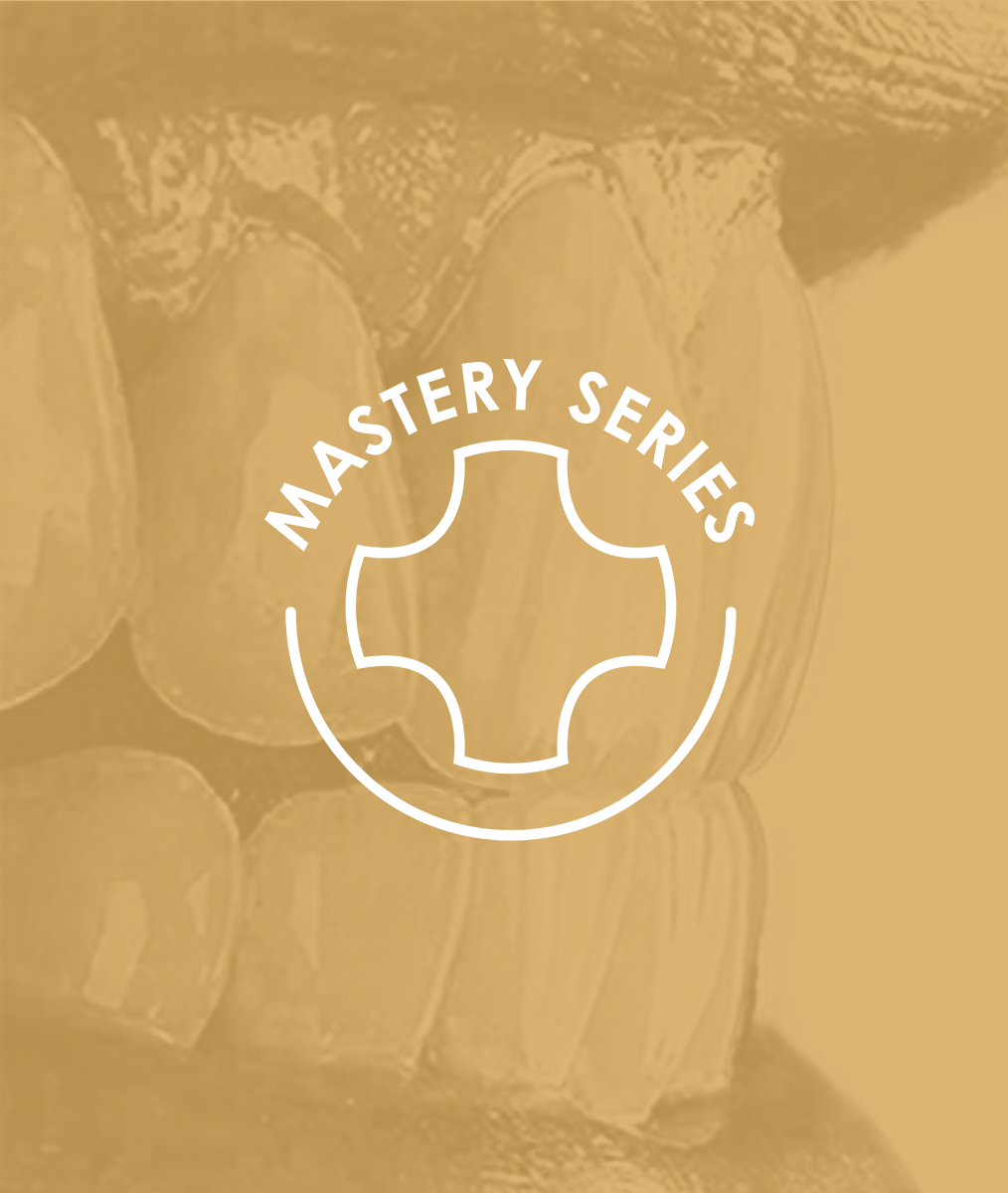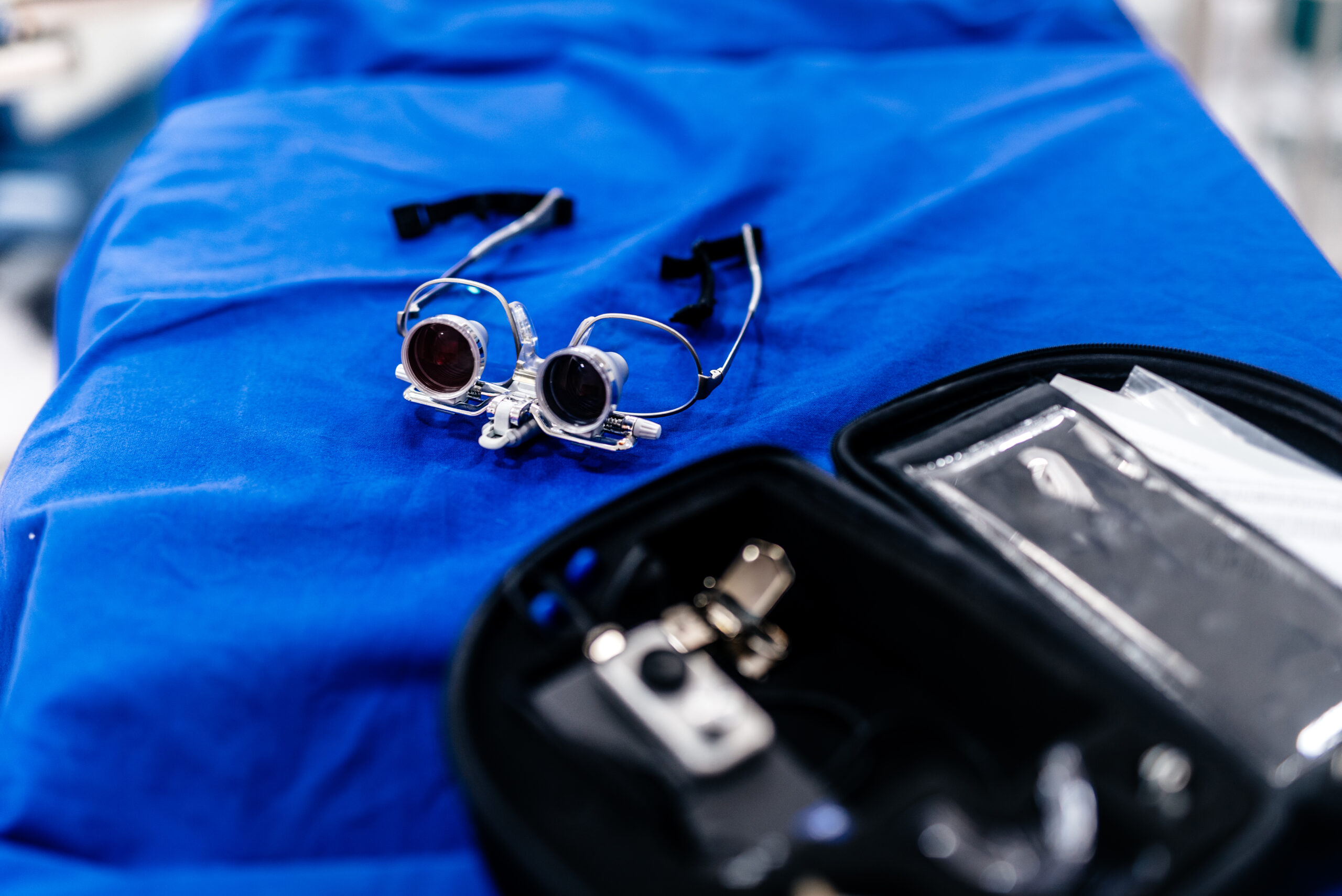
Partnering in Health Part 6: Seek a Mutual Goal
By Mary Osborne, RDH
How can we make recommendations for care without fully understanding what the patient aspires to? The patient’s goals are the context or should be the context for recommendations that we are going to make as their partner in health. Too often, context is the missing piece in our conversations with patients.
I’ve heard that Dr. Bob Barkley would say to his patients, “You know, Mrs. Jones, if I had taken X-rays of you every six months since you were born, we would have 80 sets of x-rays. And if I stacked them one on top of another and then thumbed through them, I would have a movie of the health of your mouth for the last 40 years. We would see how your teeth changed from health to the degree of breakdown we see today. We can’t do anything now to change that movie. That movie has already been made. But, if you like, you and I can work together to create the movie for the next 40 years. Is that something you’d like to do?”
If we get agreement from the patient, “Yes, I’d like to work together with you to plan for the next 40 years,” that’s not a specific goal, but it begins to create a context for our recommendations. Instead of the provider setting the expectations of the patient, it becomes more of a mutual agreement to long-term planning, so that there’s a buy-in by both parties in the relationship. That’s moving toward a partnership.
When we set a general mutual goal during the preclinical consults, it fits in well with our not knowing what we will uncover during the clinical piece of the appointment. Dentists and hygienists can be direct about it, and I think there is value in saying, “I’d like to come to a mutual agreement that we work together to understand what is going on in your mouth, and based on the circumstances we find, come up with the best solutions for you. Is that something you would like to do?”
We can set expectations by saying, “As we go through this process, I will be asking for your input. We’ll take it slow and be thorough. We’ll discuss what you and I discover, and together we can think through the next steps you may want to take. How does that sound to you?”
I think it is essential to this process to invite the patient to be in shared control by asking, “Would you like to proceed with the clinical examination? Do you have any questions for me before we begin?”
When we come to the conversation as fellow travelers with the attitude that “the two of us can work together,” we open ourselves to working toward mutual agreement about what it’s going to take for this particular person to achieve the level of health to which they aspire. Starting as partners with the goal of improved health is a low-stress way of being in a relationship that is comfortable for both parties.
Related Course
Mastering Dental Photography: From Start to Finish
DATE: October 29 2026 @ 8:00 am - October 31 2026 @ 12:00 pmLocation: The Pankey Institute
CE HOURS: 19
Regular Tuition: $ 2995
Single Occupancy with Ensuite Private Bath (per night): $ 355
Dental photography is an indispensable tool for a high level practice. We will review camera set-up and what settings to use for each photo. All photos from diagnostic series, portraits,…
Learn More>






